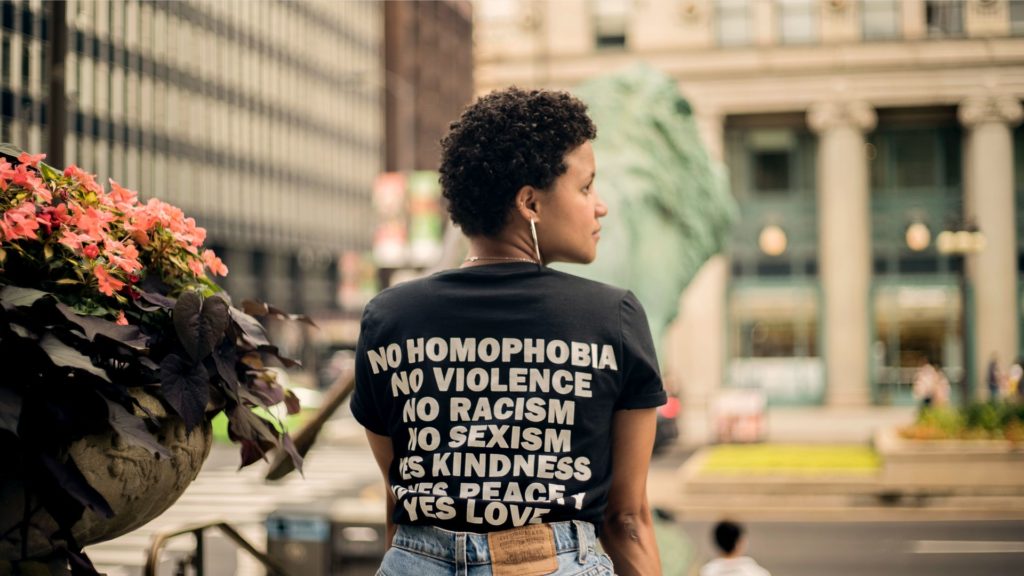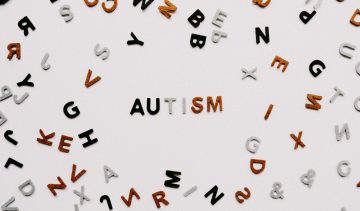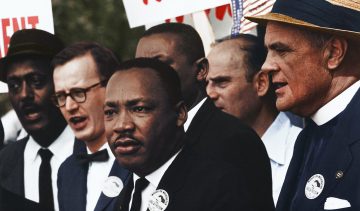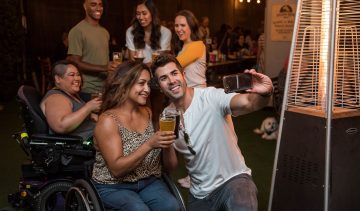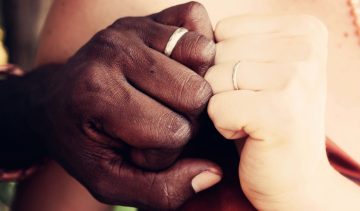Everybody is different. It might sound logical at first, but not everyone finds this particularly easy to accept. Discrimination through, for example, body shaming, homophobia and racism is still common and a daily occurrence for many people in the Netherlands. It is therefore important that we as a society are aware of our unconscious biases and work towards diversity and inclusion. Why is this so important?
We act as we are treated
Research by psychologist Rosenthal shows that we behave the way we are treated. Rosenthal took intelligence tests on children and falsified the results. The children who had been assigned a (random) good grade also achieved better school results later on. This good grade influenced the behavior of the teachers; they (unconsciously) paid more attention to these students and assessed them more positively. Consequently, the children also performed better. Thus, these children performed better because they were treated better. The teachers treated the children differently because of their unconscious biases toward the children.
Unconscious bias
We can conclude something important from this research; your unconscious bias influences how you treat another. Everyone has unconscious biases and these arise due to, for example, your upbringing, your family, your friends, the norms and values you have been given, but trauma and lack of knowledge also play a role. The choices you make in your life are mainly made by your unconscious. When we act and live on the basis of our unconscious biases, we pigeonhole people and jump to conclusions. For example, when you see that an applicant has worked at a successful company, you might easily conclude that they are definitely suitable for the position. When a driver has trouble parking, you might immediately assume that it is a woman. When a man is walking behind you for a long period of time, you might be scared that they are going to rob you. But these hasty conclusions are often incorrect.
The effect of bias
So… what can go wrong if we do this? If we interact with others based on our unconscious biases, we wrongly marginalize people or draw wrong conclusions. We act on the basis of what we know, so that we no longer give people who are different from ourselves a chance. All the while it is clearly important that the exact opposite happens! It is important that everyone is given equal opportunity, is represented in society and not judged based on incorrect biases.
Inclusivity and diversity
Surround yourself with people you wouldn’t normally hang out with. Learn about someone’s background. It might seem complicated at first, but it can also be very simple. Ask open ended questions when interacting with others and catch your prejudice. You may discover that you secretly had a different impression of the other person. In my next blog I will dive a bit deeper into the importance of inclusivity and diversity.
